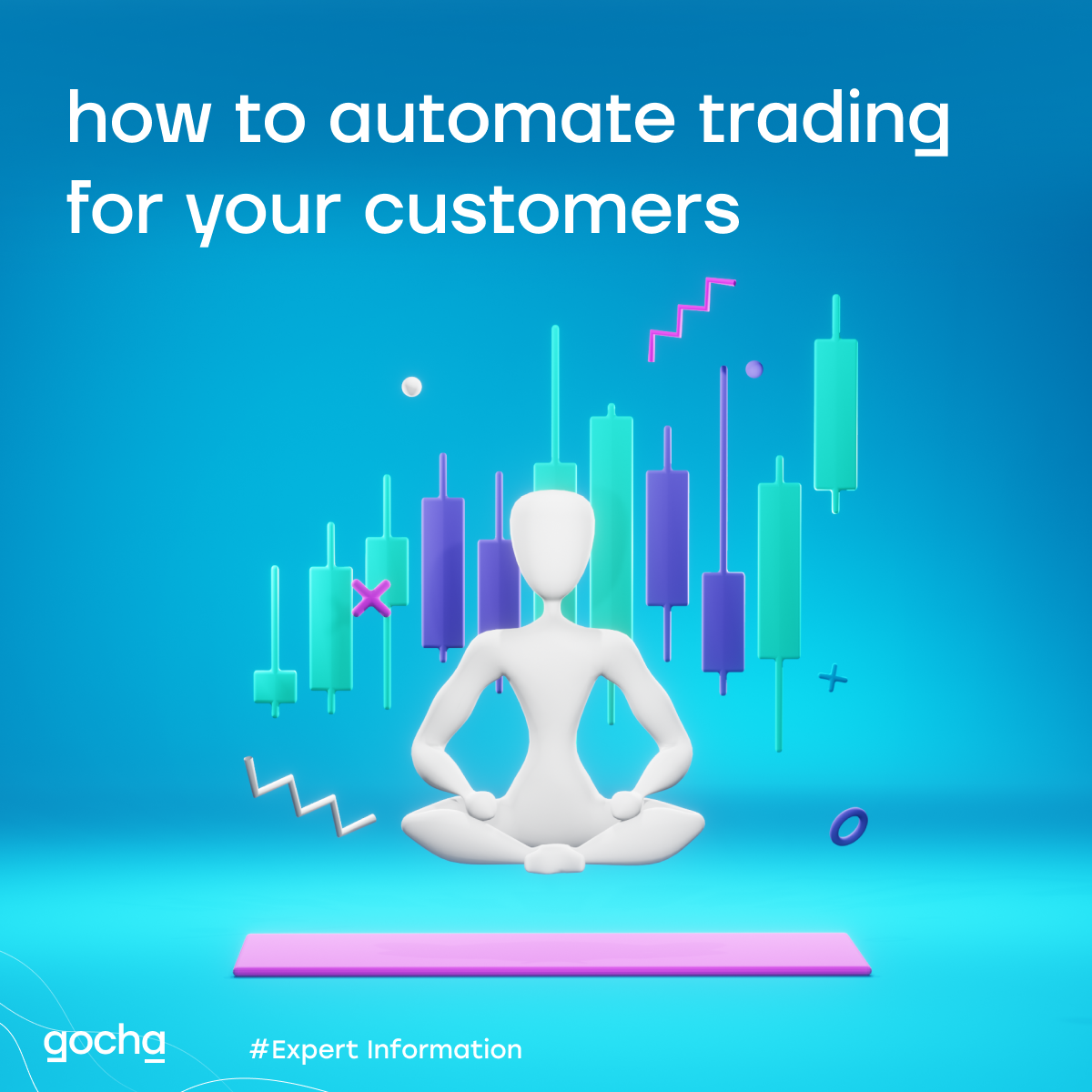Fields For AI Implementation

Artificial intelligence (AI) will play a critical role in the future of work and in retaining a competitive advantage. In an increasingly crowded and always-on marketplace, organizations need to evolve. Implementing artificial intelligence is an essential step toward creating optimized operational efficiencies.
It’s easy to comprehend the benefits of artificial intelligence. Manual labour and surging costs of hiring human resources for global companies are issues artificial intelligence can mitigate. It can unlock unforeseen opportunities while driving revenue. However, it’s critical to understand how to do so, from forming teams to prepping the data to testing and more.
Using Artificial Intelligence In Sales
Sales are challenging, especially in B2B. Closing deals is time-consuming, and conversion rates are low. Customers don’t just whip out their credit cards and buy. They need to be guided and validated.
Artificial intelligence in sales optimizes opportunities for cross-selling and upselling precisely when a customer has already shown interest in a product or service. For example, if a customer is buying a new car, they may be interested in car insurance, or if they are buying a new piece of furniture, they may be interested in furniture protection.
AI and machine learning can be very valuable tools for increasing the accuracy of sales forecasts. The early adopters of these methods will certainly be able to make better predictions, leading to better decisions. Imagine a future where inexpensive yet effective AI assistants handle all sales.
How AI Can Be Used In Marketing
To improve operational efficiency while increasing customer experience, many organizations and marketing teams are rapidly adopting intelligent technology solutions such as AI. With the help of AI, marketers can acquire a deeper insight into their target consumers. It reaches customers with much more interesting information and avoids many of the problems associated with the traditional method, such as having to send out tons of catalogues.
In marketing, the first inspiring example of AI comes from Sephora. Understanding the power of AI early on, the thriving cosmetics brand Sephora has been using chatbot technology to offer its audience the most personalized, informational customer experience possible.
With AI and machine learning, you can essentially have built-in tools for making decisions and deciding the right marketing strategy to use. The more data you have, the better this machine learning will work, and soon enough, it will be able to come up with the best way to target specific groups of individuals.
Machine Learning In Finance
In traditional financial markets, artificial intelligence is already widely deployed. According to a study, banks and other financial organizations spend $2.92 against every $1 lost in fraud as the recovery cost. Machine learning has a wide range of use cases and applications in this area. Machine learning techniques are applicable in enhancing the security of transactions by detecting the possibilities of fraud in advance. Credit card fraud detection, for instance, is a proven solution to improve transactional and financial security. Deep learning solutions using Python or R programming language can predict fraudulent behaviour. These solutions work in real-time to constantly check on the possibility of fraud and generate alerts accordingly. Classification algorithms can effectively label events as fraudulent or suspected to eliminate the chances of fraud. CitiBank uses Feezai’s anomaly detection system for fraud detection and risk management. The artificial intelligence and machine learning-based outlier detection system at CitiBank is in use in over 90 countries. It has helped Citibank better control and monitor payments while improving security levels at all times.
Cryptocurrency volatility increases the risks of crypto trading while also making it more profitable than any other investment. Prices may often fluctuate during the day, allowing traders to generate steady gains if properly calculated. A massive amount of data must be analyzed in order to identify trends in the emerging crypto market that may then be exploited by artificial intelligence and learning robots.
One of the examples of applying AI technology in improving services is Wealthfront, an investment management and online financial California-based advisor. Wealthfront utilizes artificial intelligence to provide deeper analysis and, thus, customized financial advice for its clients. Welthfront’s AI tracks account activity, analyzes spending habits, and investing decisions, and performs constant deep-learning of clients’ actions.
Artificial intelligence can transform the education system
Artificial intelligence has begun to earn its place in the field of education, which has become more accessible and personalized.
With the use of smart devices and computers making educational materials accessible to all, technology has overturned the world of learning while automating administrative tasks, enabling staff to spend much time concentrating on their students.
For example, assessment and learning in knowledge space, ALEKS, is a popular online learning platform with courses spanning K-12 through higher education. Students start with an ALEKS Assessment to gauge their current knowledge of a range of subjects. Based on their responses, ALEKS claims to gain a precise picture of the student’s level of understanding. When the student enters learning mode, the system then uses their assessment to adjust its curriculum to fill in their knowledge gaps.
Bottom Line
Businesses will have to familiarize themselves with artificial intelligence, which will help them understand how AI works. There is no denying that implementing artificial intelligence in businesses can have several challenges, and you will start noticing these challenges when creating an AI strategy for your business. Adopting a step-by-step and strategic approach will simplify the process of AI implementation to a certain level.
Contact GOCHA and our experts are happy to help you with the perfect AI technology adoption to streamline your business processes, drive better value for your employees and customers, and accelerate growth.













